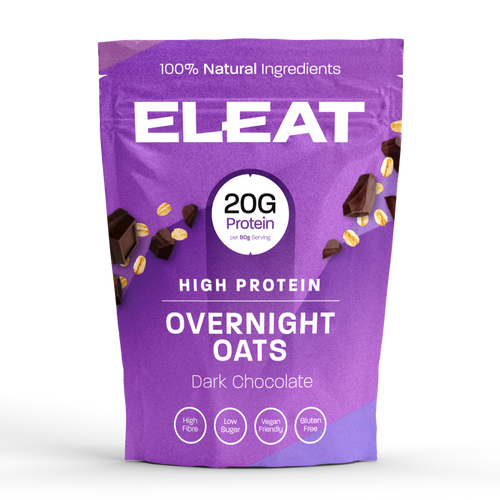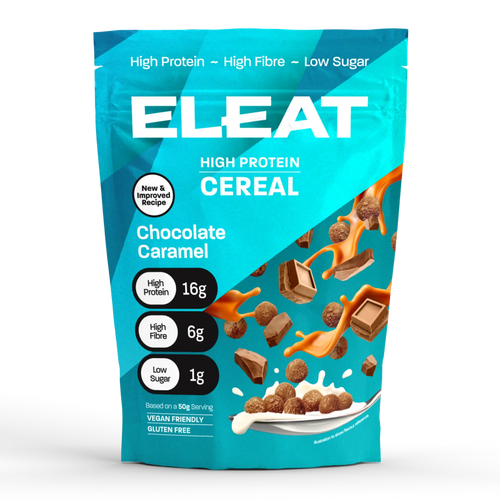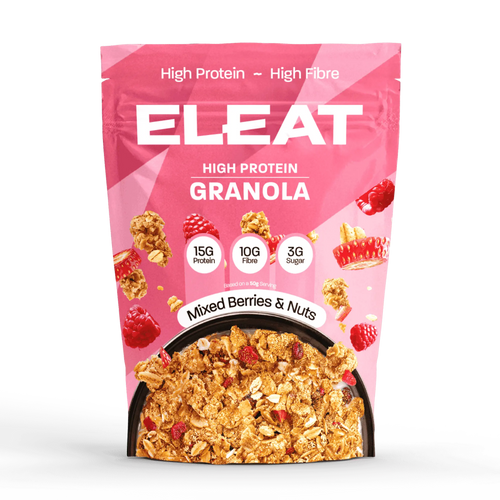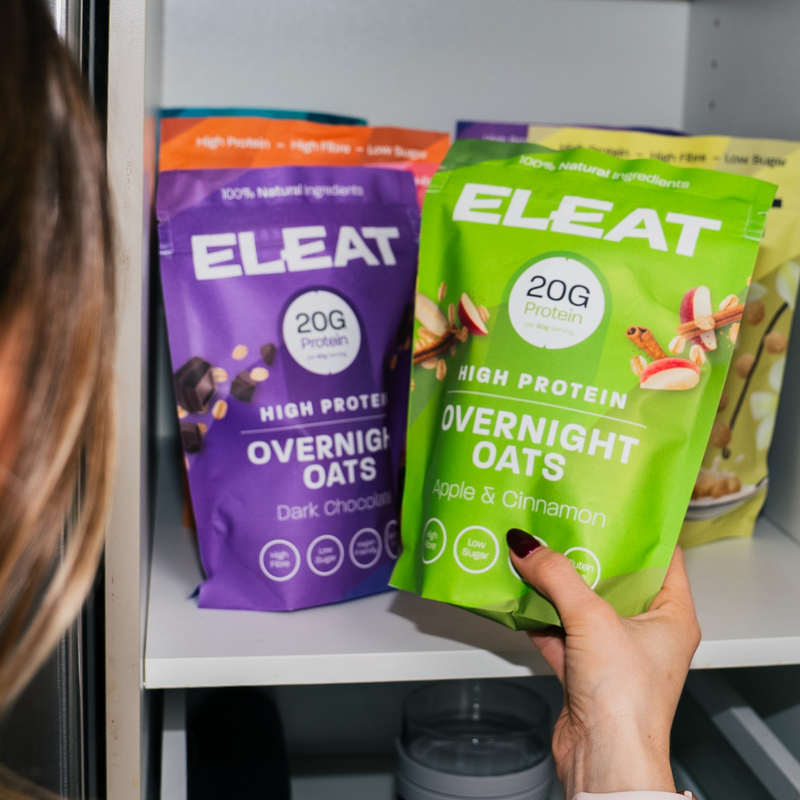In this article:
We’ve had the first hint of warm weather and dieting is at the top of everyone’s minds. Whether the focus is losing weight or becoming healthier it can be hard to navigate the best way to start improving your diet.
We’re fortunate to be supported and backed by several reputable nutritionists. We spoke with Tom McClure, a top-level performance nutritionist about the best, first steps to take to improve our diets.
Tom has worked with a variety of hybrid athletes, professional athletes, rugby players, dancers, HYROX competitors, CrossFit competitors, and simply those who want to boost their performance! So, whether you’re improving your diet for sports performance, or just to be more healthy it can be a daunting experience and we’ve tried to find solutions to make it easier.
“Don’t underestimate the power of being ruthlessly consistent” - Tom McClure, Performance Nutritionist
Why is improving your diet important?
There is growing research surrounding the importance of our diet and the impact it can have on our overall health, increasingly about the impact our diet has on our mental health. Tom is a performance nutritionist who generally works with top-level athletes, but our improving our diets is vital for everyone.
Supporting our Immune System
Our immune systems contribute to how we feel on a day-to-day basis, and how healthy we are long-term; eating to support our immune system is essential.
Our bodies require a variety of nutrients, and a balanced diet will provide all essential nutrients for our bodies to grow, repair and maintain themselves continuously. This is especially important for those who put themselves through strenuous exercise, as our bodies need more help to recover and maintain top performance.
There is continuous growth in studies surrounding how a healthy diet impacts our ability to live longer, with improved quality of life in our later years. A diet rich in antioxidants and anti-inflammatory compounds from fruits, vegetables and whole grains helps slow the ageing process and reduce the risk of age-related diseases.
Protecting our Mental Health
There is so much emerging research surrounding the impact our diet and gut health have on our mental health, both enhancing cognitive function and improving mental health can be achieved through optimising our diets. Equally, insufficient consumption of nutrients can impair how the brain works and affect our ability to process, rationalise and manage our emotions.
Energy Levels
Food is fuel, and not many people understand this. However, it’s important that the fuel we are providing our bodies with has the essential nutrients to support us and our activities. The type of food we consume and the amount will affect our energy levels throughout the day.
A well-balanced diet ensures a steady energy supply, whilst poor dietary choices can lead to energy fluctuations and fatigue, and this can affect our performance - whether that be during the working day or in sport.
Focus on making Small Changes
Tom mentioned that the biggest mistakes people made when looking to improve their diets were to follow something that’s been written by someone else and to feel the need to change everything at once. Our diets are a big part of our lives and there is no one-shoe-fits-all solution to improving it and becoming more healthy, you need to focus on what works best for you!
Look at your current diet
It’s unlikely that your entire diet needs changing, but more likely small aspects. Look at what you’re currently doing with your diet; what are your typical meals?
You may be doing some aspects really well, but there are opportunities to make small improvements in other areas, adding extra things to those meals - more colour, protein or variety.
Identifying what makes you feel good, and what trips you up can help to avoid this in the future - look at your diet from a strategic point of view.
Consistency is Key
Tom was adamant that the most important thing to consider when starting to make changes to your diet was to ensure consistency. He spoke about how nutrition shouldn’t be a nothing-or-all approach, we should be making changes that we can keep.
We live in an instant world and people assume that losing weight or gaining muscle should be an immediate result of improving their diets. But, nutrition is a long game and it’s a long process to results.
We shouldn’t be aiming to improve our diets to be at a 10 all the time, it’s just not achievable. Most people can maintain this Monday to Thursday and then let go on the weekends, go to the pub and eat lots of rubbish food - hitting a 4 or 5. Look to maintain a 7 or 8 and be consistent.
Don’t overcomplicate things, remove the stress of decision making and introduce small improvements over time that are sustainable, for you, for the long-term.















